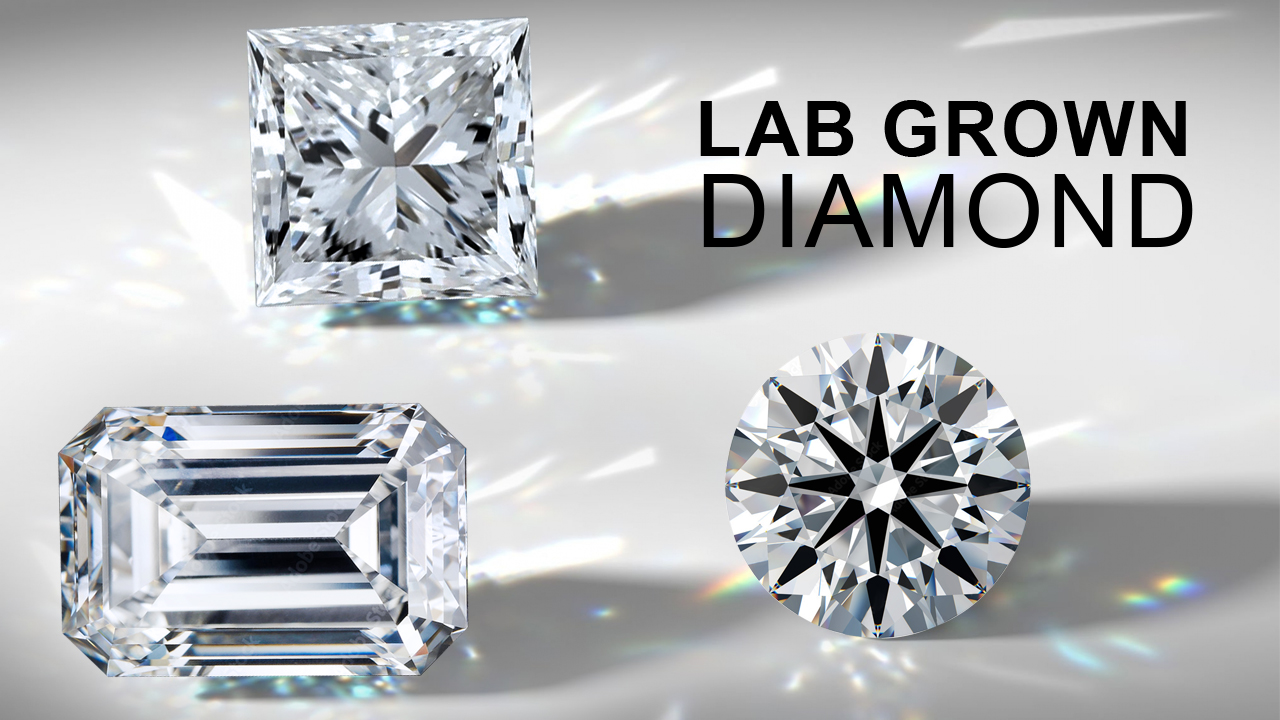Lab Grown Diamonds - The Facts
Table of ContentsThe Greatest Guide To Lab Grown DiamondsGetting The Lab Grown Diamonds To WorkGetting My Lab Grown Diamonds To WorkWhat Does Lab Grown Diamonds Mean?
As you take a trip closer to the Planet's core, pressure and temperature level boost, which develops the perfect stove for carbon to be converted right into diamond (diamonds are the only gemstone to be made from simply one element). With an enormous volcanic eruption, these rubies were transported to the Planet's surface. It's estimated this process was relatively quick (more than likely over the training course of numerous hours), which enabled the rubies to stay undamaged without melting.The brief solution: carats gauge the mass of stones, karats gauge the purity of gold. Carat: 1 carat weight is equivalent to 0.2 grams, regarding the weight of a paperclip (next time you see an image of Mariah Carey's 35 carat weight involvement ring, just imagine the concern of bring 35 paper clips around your finger on a daily basis).

Right here are a few of the essential benefits of laboratory grown diamonds and laboratory produced ruby jewellery:.
10 Easy Facts About Lab Grown Diamonds Shown
Simply put, natural or earth-mined rubies are crafted over millions of years below the Earth's crust from pure carbon combined with stress and heat. Developing diamonds in a lab needs the same process, just fine-tuned to occur over a much smaller period in a much more regulated setting.
Whereas earth-mined diamonds are rare and finite and often tend to raise in rate over time, laboratory rubies are easily offered. As demand surges, laboratories can remain to generate laboratory rubies indicating they are not restricted or limited compared to natural rubies. If you're interested in great jewelry from an investment perspective, like lab-grown diamond rings, they won't be an excellent suitable for your needs.
They may think that the disadvantages of lab-grown diamonds surpass the pros. Some may say that, for this reason, getting a lab-made diamond additionally comes with its moral factors to consider, as doing so takes income away from those included in the all-natural diamond market who might require it most.
Traditional diamonds rely on the Earth's conditions to determine their quality or lack thereof. In a lab, makers can straight regulate a ruby's quality.
The 3-Minute Rule for Lab Grown Diamonds
You can conveniently discover colored, man-made diamonds on the (reasonably) low-cost side as well as particular cuts that would be more expensive if you were shopping for a mined ruby just. That hardly implies it isn't worth safeguarding.
natural rubies is that the latter is mined from natural deposits in the Planet while the previous is made in a laboratory utilizing regulated settings. But their quality is mainly the very same. Lab Grown Diamonds. While the difference in between lab-grown and natural diamond alternatives are marginal when it concerns quality, some of the disadvantages of lab-grown rubies include the fact that the rock will drop gradually and, to some, a lack of nostalgic worth that's typically connected with mined rubies
The procedure involves minimal land interruption and removes problems associated to logging and environment destruction. Lab-grown diamonds are often more budget friendly than natural diamonds. This cost difference can be attributed to the streamlined manufacturing procedure and the avoidance of expenses related to standard mining. The Controlled Setting in Which Laboratory Grown Diamonds Are Created Enables for Consistent Top Quality.
Adaptability in Layout - Laboratory Grown Diamonds Deal Designers and Consumers a Versatile Scheme to Produce Unique and Ingenious Jewelry Styles. the Controlled Development Refine Enables The Manufacturing of Diamonds in Various Sizes And Shapes. Laboratory Ruby Bands are the Many Famous Amongst Lab Ruby Fashion Jewelry. Laboratory Diamonds Usually Feature A More Clear Supply Chain.
Not known Details About Lab Grown Diamonds
Market Assumption - In Spite Of Their Identical Physical Characteristics, Lab Diamonds Might Face Tests in Market Understanding. Some Customers Still Perceive Natural Diamonds as Having Higher Value and Prestige. The Manufacturing of Lab-Grown Diamonds Can Be Energy-Intensive, Especially in Approaches Like High Stress Heat (hpht) and Chemical Vapor Deposition (cvd).
All-natural Rubies Are Formed Over Numerous Years Deep Within the Earth, Contributing to Their Viewed Rarity. Lab-Grown Rubies, Despite Their Identical Quality, May Not Bring the Exact Same Rarity Variable, Impacting Their Perceived Value for Some Customers. Influence on Diamond-Dependent Economic Climates - the Change Towards Lab Grown Diamonds May Have Financial Effects for Nations and Neighborhoods that Depend Upon The Ruby Mining Sector.
Lab Diamonds Are of Equal Top Quality to Natural Diamonds in Terms of Solidity, Sparkle, and Quality - Lab Grown Diamonds. Yes, Lab Diamonds Shimmer Just Like All-natural Diamonds. Their Radiance Lab Grown Diamonds and Glimmer Are a Result of Their Cut and The Method Light Interacts with Their Aspects.